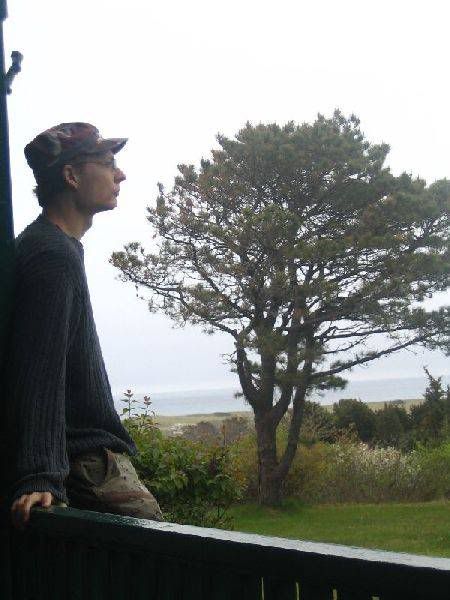2. What is to Be Done?
I just finished a book on the Russian Revolution of 1917, and though it was inherently biased from an American perspective, it did give a good background of the events of the revolution, from the 19th century through the treaty of Brest-Litovsk. It rails unendingly against Lenin and his preference for "dictatorship over democracy," and though I take it with a grain of salt, I believe more-or-less that the criticism rings true.
Marxist-Leninists (of which Lenin would be the first) have a dangerous characteristic, that of self-appointment as the leaders (or vanguard) of revolutions.
No one elected Lenin, nor Mao, nor Fidel, to lead them to peace, freedom and communism.
They decided themselves that they alone were fit and able to vanquish capitalism for all.
The creation of any dictatorship saps the control and power of the people - the very population the revolution is fought for and by, no matter how wise, commited, and humanitarian the dictator may be.
Moreover, it creates a dangerous precedent of internal power struggles, factionalism and purges... and a window for opportunists and thugs like Stalin to come to power and destroy everything that the revolution was supposed to be about.
So how can a revolution achieve what it actually promises and avoid becoming what it yearns to destroy? This is the crucial challenge to all socialistic/humanistic political movements.
Of course, the typical anarchist response would be to criticize further and decide that it is folly altogether to even attempt to overthrow or replace the government and the state - these do not need new leadership but rather they are inherently oppressive and evil, and must be destroyed.
But there is a counter-argument which must be answered.
Until oppressive capitalist institutions (including the state of course) are destroyed everywhere - we will be free nowhere.
An historical example comes from the Spanish Civil War. When the people of Catalonia rose up and collectivised the land and industries for popular, rather than private, ownership, they created a social revolution. Yet, because their anarchist leaders decided to dissolve the governments of Barcelona and other areas, and failed to create a meaningful organization for defense and oversight, the fascists easily reconquered them and reinstituted private property and repression to a degree far worse than originally existed.
In other words, we can't be so intent on making small differences that we lose sight of the bigger picture. My vegetarianism or my bike riding are great for my ego and as an inspiration for others, but inspiration is not enough. My individual actions cannot destroy the Death Star, even if multiplied by a hundred or a million or a billion. We have to blow the thing up before we can even talk about freedom for myself or anyone else.
So, with fear of entering into a centuries-long debate beginning between Marx and Bakunin, I humbly suggest that the only way to overcome our oppression is not merely to free ourselves on a local basis, but to work nationally and globally as well, and destroy capitalism everywhere. As long as evil exists, it will return and conquer all.
In short, both anarchism and communism/socialism are lacking. Neither represent a real possibility of freedom.
What is needed is not another ism, but a new model of struggle. Here are a few ideas of what it has to look like...
First, whatever entity leads a revolution must be organized in a democratic fashion. Leaders, to the extent that leaders are necessary, must be chosen from below and not from above.
Second, dogmatism must always be challenged, no matter how true the dogma. Thinking and doubt must at all times replace certainty. Truth must be allowed to develop from one's own experiences - yet free from the capitalist brainwashing that overpowers society today.
Third, and most difficult, people must be organized to simultanesouly work for the freedom of themselves and their surroundings, as well as the freedom of the whole of humanity and life in general. There must be a balance between self-determination and solidarity.
I don't have the answers for how to do that. No individual does. It will take trial and error, but always expressed through our passion for a better world.
The reality is that revolution is going to occur in most of the world in the fallout of peak oil, and that very likely includes the great big monster of North America. I look forward to that day with terrible impatience always. But reading the book on the Russian Revolution, I fear the return of "vanguard parties," who promise freedom yet deliver nothing but an oppression equal to or exceeding what exists already.
And how can we prevent that? How can we bring forth a REAL revolution, which will fundamentally alter the relationship between human and human, man and woman, white and black and brown and yellow, straight and gay, and species and planet?
It's the same question, but no one yet has an answer - how can we save the planet?


